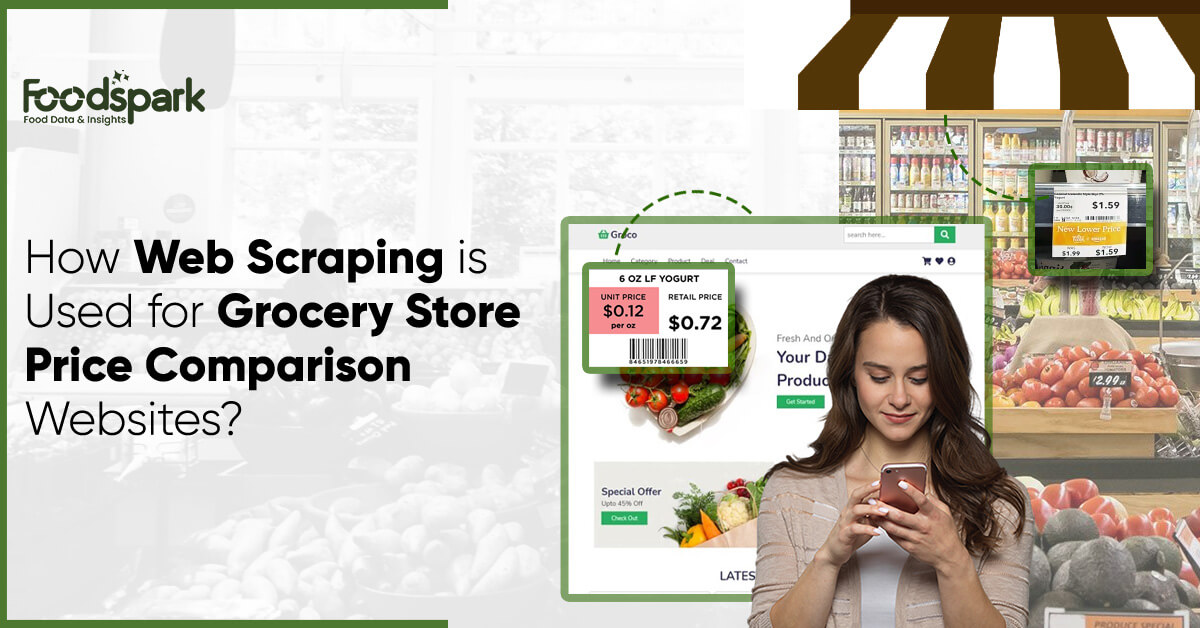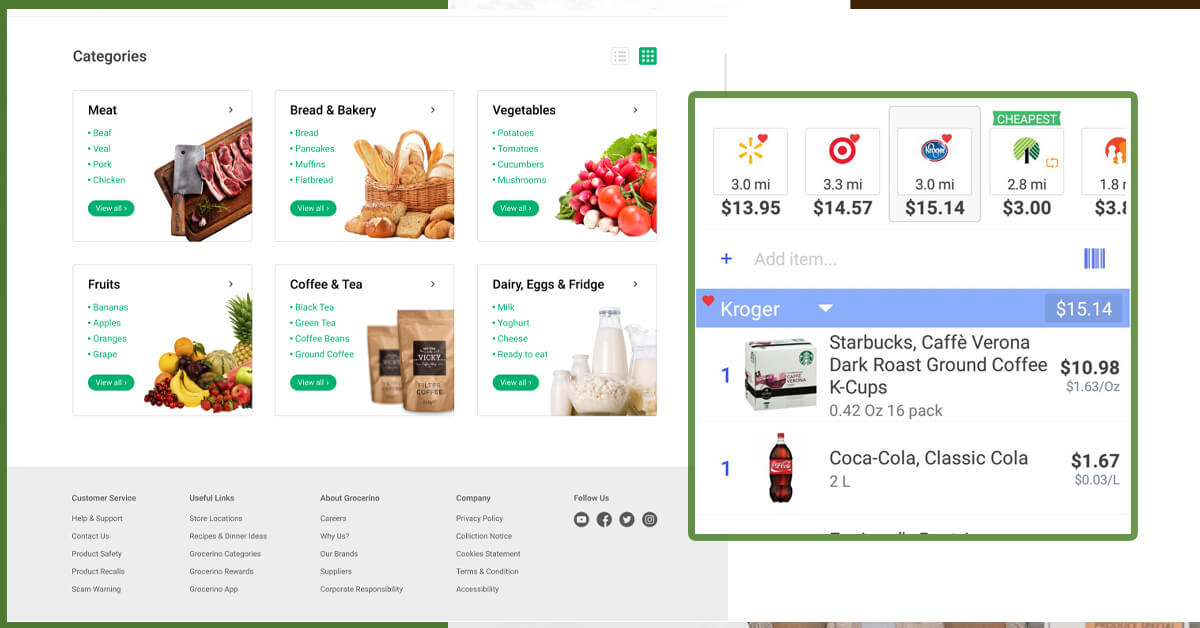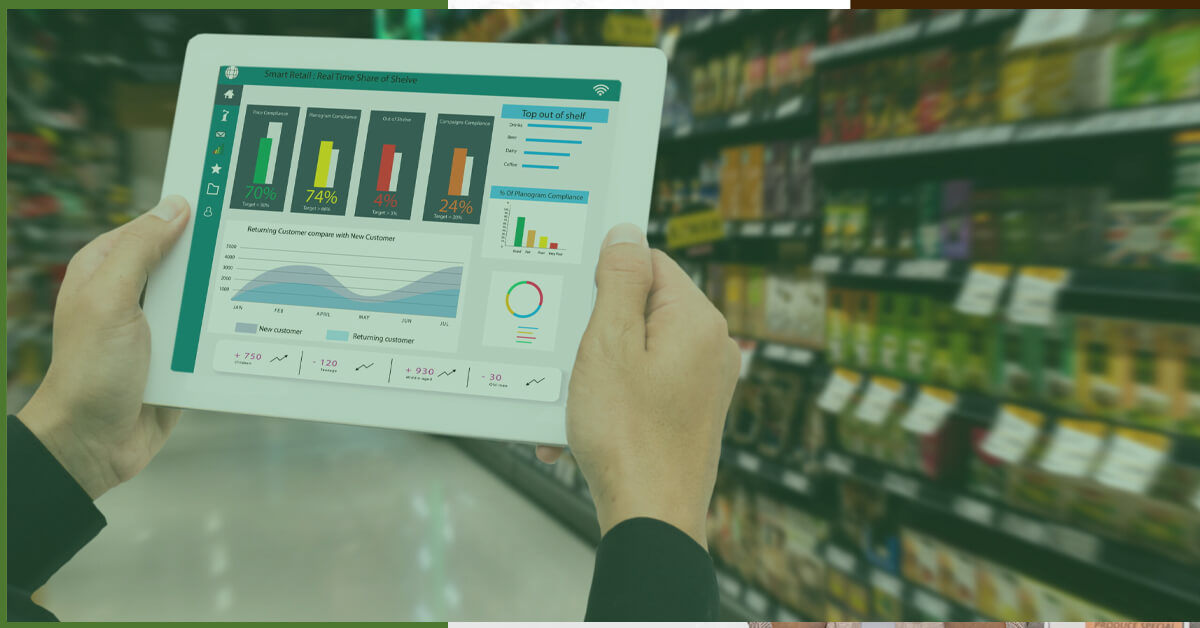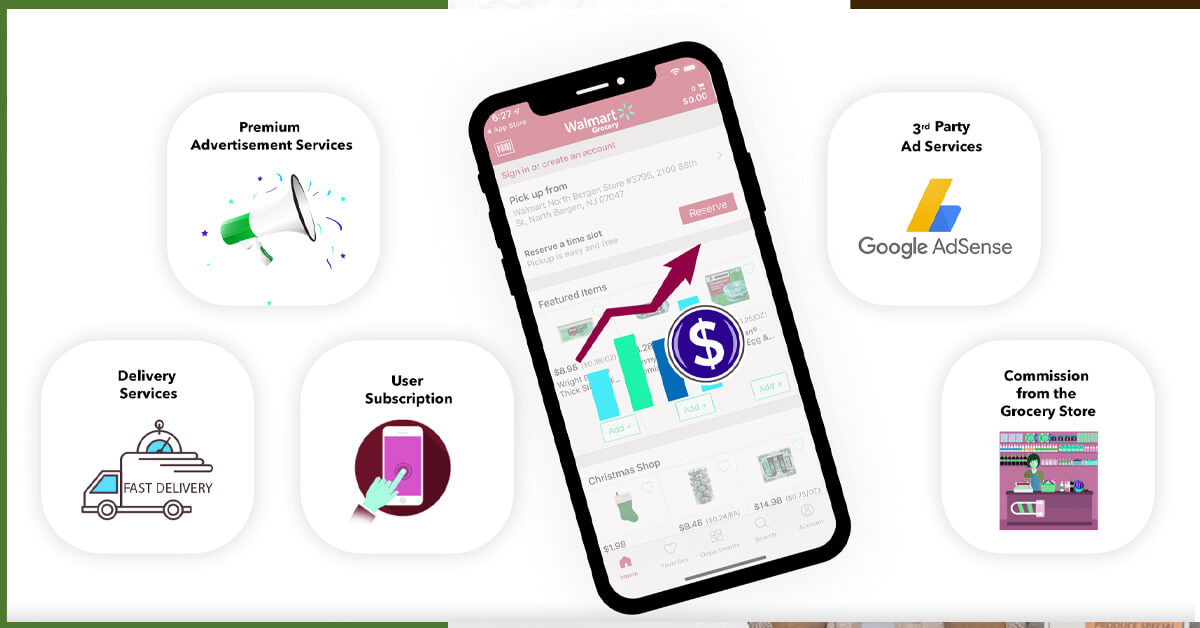Let's talk!
We'de love to hear what you are working on. Drop us a note here and we'll get back to you within 24 hours.

We'de love to hear what you are working on. Drop us a note here and we'll get back to you within 24 hours.

Price comparison websites gather crucial information from other websites, including product pricing, ratings, features, and specifications. Before making a purchase, comparing costs on several grocery store websites used to be the simplest method to acquire the finest purchasing offers. A commodity always had a range of prices attached to it across numerous venues for sale, which has forced knowledgeable sellers to keep track of price fluctuations among competitors by employing real-time analytical equipment. Even today, merchants take advantage of every available option to expand their consumer base and stay competitive in the market. Using Grocery price comparison websites is one of the reliable ways to achieve this.

Price comparison websites gather crucial information from other websites, including product pricing, reviews, features, and descriptions. The price comparison website then compiles these facts and personalizes them for convenience. As a result, the website instantly compares and presents related goods from other stores when a customer searches for a product there. Due to the ability to evaluate elements like price offers, shipping charges, and other characteristics, this method makes the consumer’s purchasing decision easier.
However, the related algorithms rely on a huge amount of data. As predicted, real-time data extraction is not only difficult but also time-consuming. Additionally, it is challenging to follow price changes due to the dynamic pricing structure used by grocery platforms. For instance, when it comes to adjusting prices, Amazon is 417 hours faster than its competitors.

The problem is that the volume of data involved makes it difficult to develop comparison technologies to extract various data formats from websites. As data extraction has become increasingly popular since web scraping services first gained popularity, more grocery store price comparison websites have appeared over time.

Getting paid a referral commission for each sale that comes from your website is the most typical approach to making money from a price comparison site. Depending on the retailer, these commissions range from 2% to 10%.
Since so many individuals have used comparison sites as a successful business strategy, they are no longer a mystery. As a result, there are already several excellent and well-known price comparison websites. The secret is to always start with a niche; narrowing your audience to a very specialized market is a great approach to draw in a certain demographic.
Make a list of every one of these websites and the items you wish to aggregate. Find out from each website whether a data feed is available, how frequently prices are changed, and whether there is a commission offered for advertising the items.
This is always the step in the process that is the most difficult and demanding. These are the alternatives available to you.
Now that you have all your data, you need to create a user experience that will allow people to shop more effectively than simply listing all the alternatives in a table. Pricing notifications, price history, search filters, or aggregated reviews are some features that might be available.
Providing users with more value through data enrichment may involve adding computed variables like average price, pricing history, price trends, and scores.
Data extractors are used by Foodspark scrapers to collect product data from relevant websites, and the collected data is customized to your needs. This scraper caters to extracted data to your needs or the needs of your users, making it a superior option to constructing your own web scraper. The necessity for an up-to-date scraper that harvests data in real-time is enforced by the requirement that the price comparison website displays high-quality and trustworthy data. Additionally, using a Foodspark scraper makes more sense because maintaining the site itself is rather laborious.
The techniques used by merchants to keep track of their competitors’ prices are similar to those used by price comparison websites. Price comparison websites offer a variety of advantages that are beneficial to both buyers and company owners. Customers will benefit from an easier buying experience, an infinite variety of items, a wider range of products on grocery sites, and frequent shopping discounts. Meanwhile, company owners increase lead generation, improve conversion rates, and improve customer service in their organizations.
For any other web scraping services, contact Foodspark today! Request for a quote!
January 21, 2025 B2B marketplaces use data collection to expand and maintain relevance in the food industry. Organizations can improve...
Read moreJanuary 2, 2025 Web scraping has now become an important strategy in the accelerating world of e-commerce, especially for businesses...
Read more